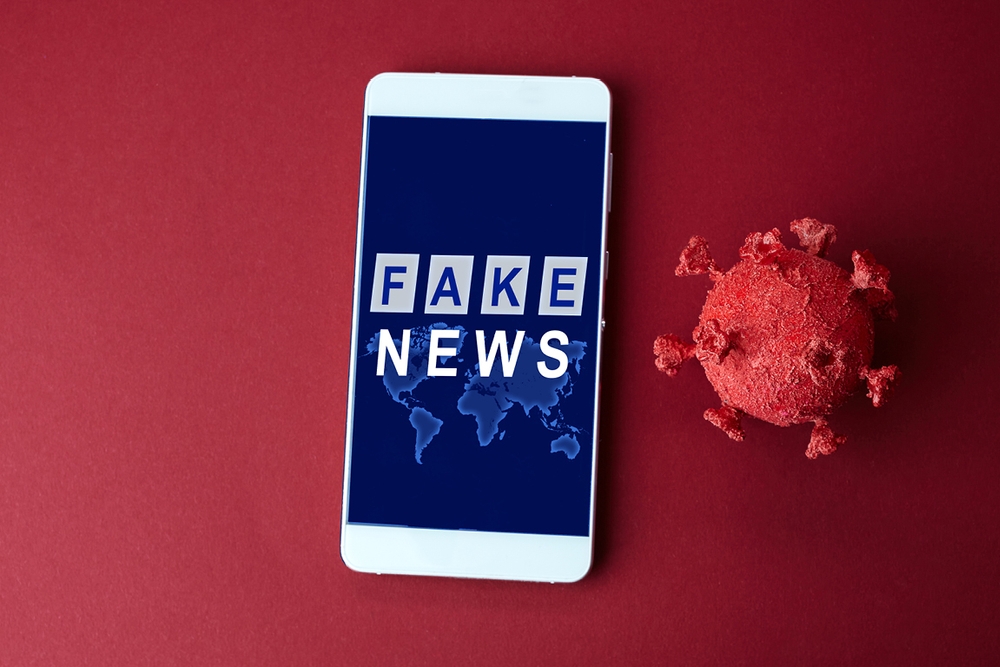Fight of the ‘Infodemic’
The coronavirus pandemic has put everyone on edge. Many are turning to online delivery options for groceries, pharmacy essentials, everyday items, and more. Providers are trying to reach their patients through telehealth software and limiting the number of in-clinic or hospital encounters when necessary.
This physical divide has made many Americans turn to online sources for health questions and concerns. However, many of the sources linked to the articles and web pages patients browse through do not have reliable sources. How can patients know what information is true and accurate and how can providers gain their patients trust when sharing information that goes against what they have heard on the news or read online?
In fact, Dr. David Stukus, associate professor of pediatrics at Nationwide Children’s Hospital in Columbus, Ohio told Healthline:
“Oftentimes their personal doctor may give them information that contradicts what they heard online or from someone else, and that really puts the patient in a tough position as they try to determine the best path forward for their own health. Previously, there were different focuses of misinformation, such as anti-vaccine groups or conspiracy theorists or unsubstantiated claims about supplements. Now all those different areas are focused on one area, and that’s COVID-19.” – Dr. David Stukus
With over 6.35 million confirmed cases in the US, as the coronavirus continues to spread in the country, providers are having to deal with a bigger problem: the spread of misinformation from other providers and government leaders.
Provider Misinformation Leads to Broken Doctor-Patient Trust
Healthcare professionals also have to deal with the fallout of misinformation spread by city and government officials as well as other providers.
In May of this year, President Donald Trump said he was taking hydroxychloroquine at a time where it was deemed by many ‘experts’ to be the ‘miracle drug’ against the coronavirus. This led to many Americans hoarding the drug and leaving a shortage for the people who actually needed it, such as patients with lupus and autoimmune diseases.
As of late, hydroxychloroquine’s efficacy has been put into question and the FDA warns against harmful side effects.
In Dr. Stukus’ interview with Healthline, he mentioned on this topic:
“When people in charge who have large platforms make recommendations regarding treating and/or public health policies, their words absolutely matter because people will follow their advice. It’s imperative that they base their recommendations upon evidence and expertise of doctors and other medical professionals. Same goes for doctors spreading information that’s contrary to the Centers for Disease Control and Prevention (CDC) and National Institutes of Health (NIH).”- Dr. David Stukus
With this situation alone, we can understand why Americans can be confused as to what is true, whom to trust and what will actually help in the fight against COVID-19. Social media is only adding fuel to the fire from posts, videos and more coming from various doctors across the globe speaking openly about certain ideologies that can sometimes have hidden agendas.
The best way to deal with the changing recommendations and patient questions is to embrace change. Many patients are open about not knowing where to find the best up-to-date information. As their provider, you can point them towards trusted sources such as the CDC’s website and the NIH’s website. Patients should know that recommendations will change with time as new discoveries arise on the coronavirus and that they can stay in the loop by checking relevant sources. Although this might leave them uneasy, it will let them know that nothing is definitive and if we stick together, we can get through this pandemic as a community, as a country, as a whole.

